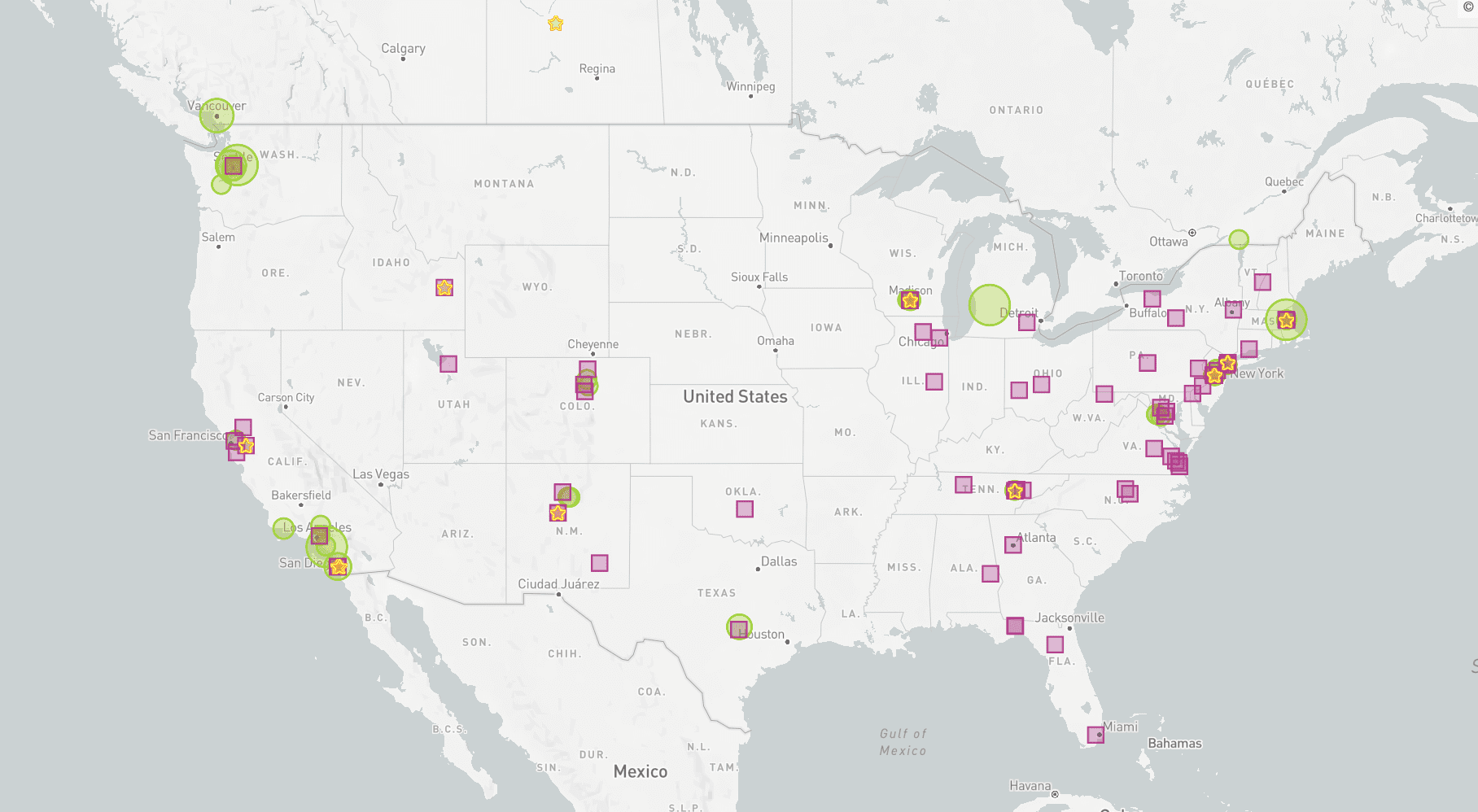
Introduction to the Lawsuit
Anthropic, the AI startup known for its advanced language models, has reached a settlement in a class action lawsuit filed by a group of US authors. The authors accused the company of copyright infringement, alleging that their works were used without permission to train AI models. This legal challenge has raised significant questions about the intersection of artificial intelligence and intellectual property rights.
The Settlement Details
In a legal filing made on a recent Tuesday, Anthropic announced that it has negotiated a “proposed class settlement.” This agreement allows the company to avoid a trial that could have determined substantial financial liabilities. The lawsuit highlighted the ongoing tension between technological advancement and the protection of creative works.
Background of the Case
The lawsuit emerged amid growing concerns among authors and creators about how AI systems are trained. Many authors argue that using their copyrighted materials without consent undermines their rights and the value of their work. The case represents a broader trend in which creators are increasingly scrutinizing how AI companies utilize their intellectual property.
Implications for the AI Industry
Settlements like this one may influence how AI companies approach the use of copyrighted materials in the future. As the technology continues to evolve, the legal landscape surrounding AI and copyright will likely become more complex. Companies may need to adopt more transparent practices to avoid similar lawsuits.
Reactions from the Author Community
The response from the author community has been mixed. Some authors view the settlement as a positive step towards recognizing their rights, while others feel it does not go far enough in addressing the broader issues of copyright in the age of AI. The settlement may set a precedent for future cases, encouraging more authors to take action against companies that they believe are infringing on their rights.
Concerns Over AI Training Practices
The case has sparked discussions about the ethical implications of using copyrighted works for AI training. Many authors are concerned that without proper consent and compensation, their creative contributions may be exploited. This concern is particularly relevant as AI technology becomes more integrated into various industries, from publishing to entertainment.
Future of Copyright in the AI Era
As AI technology continues to advance, the future of copyright law remains uncertain. The Anthropic case may be one of many that will shape the legal framework surrounding AI and intellectual property. Legal experts suggest that clearer guidelines are needed to balance innovation with the protection of creators’ rights.
Potential Legislative Changes
In light of ongoing legal disputes, lawmakers may feel pressured to consider new legislation that addresses the challenges posed by AI. Potential changes could include clearer definitions of what constitutes fair use in the context of AI training and more robust protections for authors and creators.
Conclusion
The settlement reached by Anthropic marks a significant moment in the ongoing dialogue about AI and copyright. As technology continues to evolve, both the AI industry and the creative community will need to navigate these complex issues carefully. The outcome of this case may influence future legal actions and legislative efforts aimed at protecting the rights of authors in an increasingly digital world.
Source: https://www.theverge.com/news/766311/anthropic-class-action-ai-piracy-authors-settlement
anthropic settles ai book piracy lawsuit — Source: Original reporting.
Source: Original reporting
anthropic settles ai book piracy lawsuit
This article explains anthropic settles ai book piracy lawsuit with background, implications, and practical takeaways.
Related: More technology coverage
Introduction to the Lawsuit
Anthropic, an AI startup recognized for its cutting-edge language models, has reached a settlement in a class action lawsuit initiated by a group of U.S. authors. The authors accused the company of copyright infringement, asserting that their works were utilized without permission to train AI models. This legal challenge highlights the growing concerns regarding the intersection of artificial intelligence and intellectual property rights.
The Settlement Details
In a legal filing made on a recent Tuesday, Anthropic announced a “proposed class settlement.” This agreement allows the company to sidestep a trial that could have resulted in substantial financial liabilities. The lawsuit underscores the ongoing tension between technological advancement and the safeguarding of creative works. By settling, Anthropic aims to mitigate the risks associated with a potentially unfavorable court ruling.
Background of the Case
The lawsuit arose amid increasing apprehensions among authors and creators about how AI systems are trained. Many authors contend that the use of their copyrighted materials without consent undermines their rights and devalues their work. This case exemplifies a broader trend where creators are scrutinizing how AI companies leverage their intellectual property.
The Authors’ Perspective
Authors involved in the lawsuit expressed concerns over the unauthorized use of their works. They argue that their creative contributions are vital to the literary landscape and should not be exploited without appropriate compensation. This sentiment is echoed by many in the creative community, who are increasingly vigilant about protecting their rights in the digital age.
Implications for the AI Industry
Settlements like the one reached by Anthropic may influence how AI companies approach the use of copyrighted materials in the future. As technology evolves, the legal landscape surrounding AI and copyright is expected to become more intricate. Companies may need to adopt more transparent practices to avoid similar lawsuits, ensuring that they respect the rights of creators.
Potential Changes in Business Practices
In response to this case, AI companies might consider revising their data acquisition strategies. Implementing clearer consent processes and compensation models could help mitigate legal risks. As the industry matures, the need for ethical guidelines on data usage will likely become paramount.
Reactions from the Author Community
The response from the author community has been mixed. Some authors view the settlement as a positive step towards recognizing their rights, while others feel it falls short of addressing the broader issues of copyright in the age of AI. The settlement may set a precedent for future cases, encouraging more authors to take action against companies they believe are infringing on their rights.
Voices of Concern
While some authors appreciate the acknowledgment of their rights, others argue that the settlement does not go far enough. They advocate for more robust protections that extend beyond individual cases. This ongoing debate illustrates the complexities surrounding copyright in the AI landscape.
Concerns Over AI Training Practices
The case has ignited discussions about the ethical implications of using copyrighted works for AI training. Many authors are apprehensive that, without proper consent and compensation, their creative contributions may be exploited. This concern is particularly relevant as AI technology becomes increasingly integrated into various sectors, including publishing and entertainment.
Ethical Considerations
The ethical dimensions of AI training practices are under scrutiny. Authors argue that their works should not be treated as mere data points for algorithmic training. As AI continues to evolve, the need for ethical guidelines that prioritize creator rights becomes more pressing.
Future of Copyright in the AI Era
As AI technology advances, the future of copyright law remains uncertain. The Anthropic case may be one of many that will shape the legal framework surrounding AI and intellectual property. Legal experts suggest that clearer guidelines are needed to balance innovation with the protection of creators’ rights.
Legal Experts Weigh In
Legal professionals emphasize the importance of establishing frameworks that delineate the boundaries of fair use in the context of AI. This could involve revisiting existing copyright laws to ensure they are equipped to handle the challenges posed by rapidly evolving technologies.
Potential Legislative Changes
In light of ongoing legal disputes, lawmakers may feel compelled to consider new legislation that addresses the challenges posed by AI. Potential changes could include clearer definitions of what constitutes fair use in AI training and more robust protections for authors and creators.
Legislative Initiatives
As discussions around AI and copyright gain traction, lawmakers may introduce bills aimed at safeguarding creators’ rights. These initiatives could provide a legal framework that balances the interests of AI companies with those of authors and other content creators.
Conclusion
The settlement reached by Anthropic marks a significant moment in the ongoing dialogue about AI and copyright. As technology continues to evolve, both the AI industry and the creative community will need to navigate these complex issues carefully. The outcome of this case may influence future legal actions and legislative efforts aimed at protecting the rights of authors in an increasingly digital world.
Source: https://www.theverge.com/news/766311/anthropic-class-action-ai-piracy-authors-settlement
anthropic settles ai book piracy lawsuit — Source: Original reporting.
Source: Original reporting
Further reading: related insights.
Was this helpful?
Last Modified: August 27, 2025 at 4:40 pm
1 views















